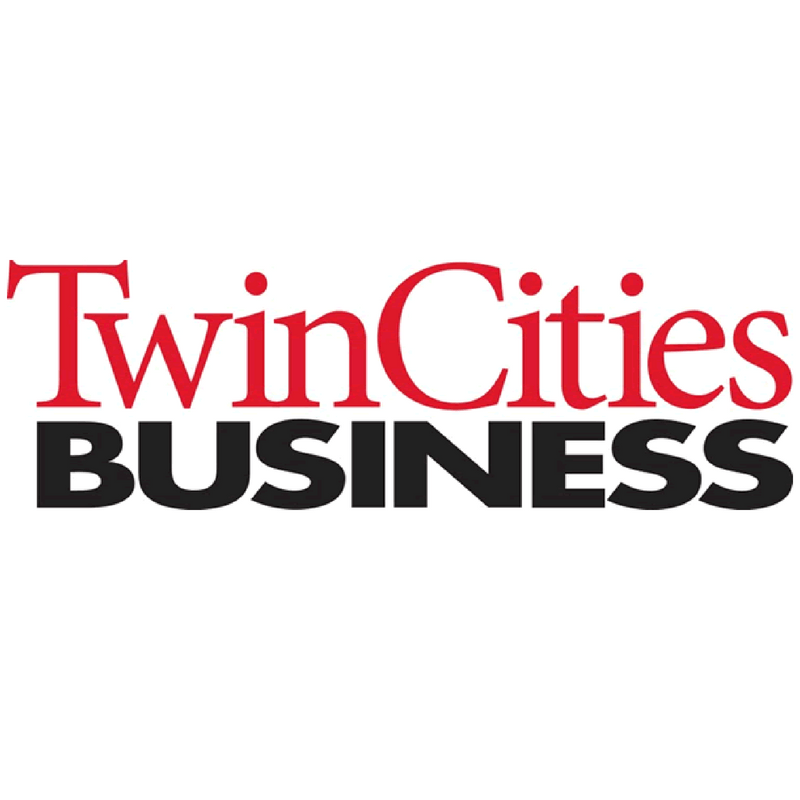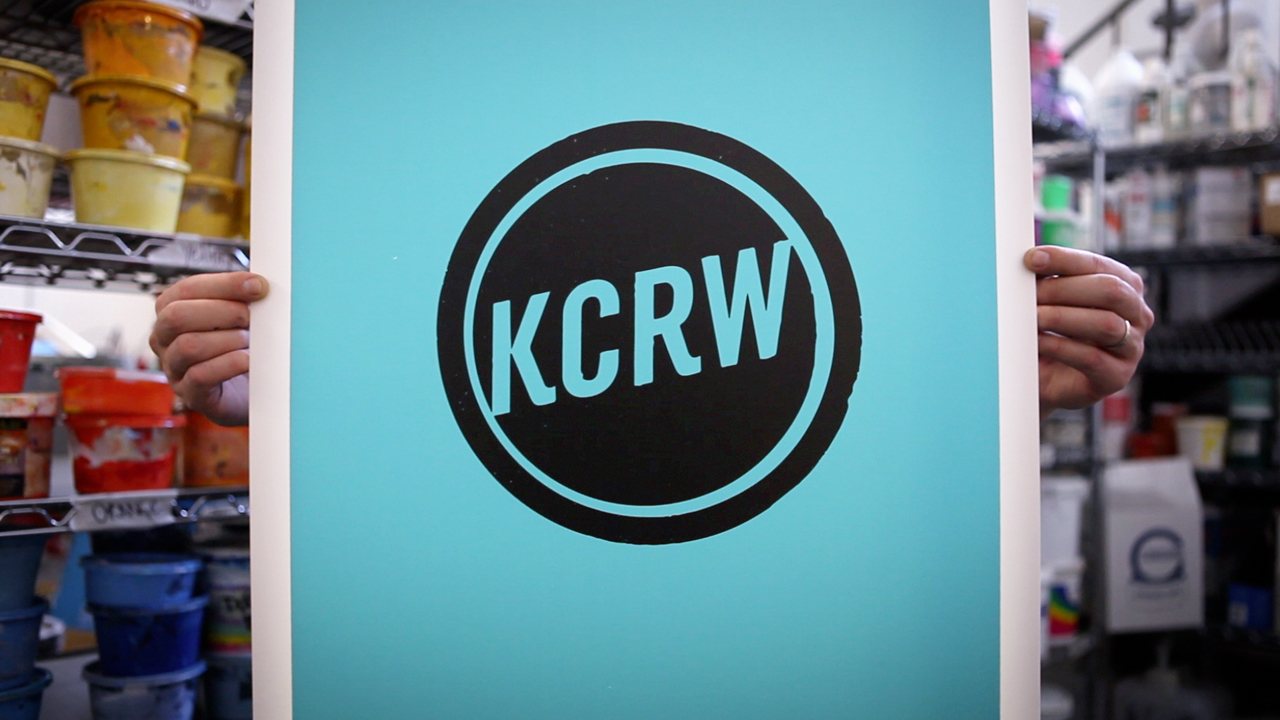Twin Cities Business Magazine – June 30, 2017
Written by Burl Gilyard
A small sign outside the door of 761 Kasota Ave. SE—marked as the “associate entrance”—has an ostensibly inspirational message for the entrants: “Welcome Amazonians. It’s Still Day One. Are You Ready to Make a Difference?” Amazon’s space at the Kasota Business Center in Minneapolis, just north of TCF Bank Stadium near the University of Minnesota campus, is its local delivery hub for its Prime Now customers.
“Day One” refers to Amazon founder and CEO Jeff Bezos’ mantra that the company needs to maintain the mindset and innovation habits of a startup, even though it is now one of the largest companies in the U.S. Bezos’ April letter to shareholders concluded, “It remains Day 1.” …
“Amazon has had this track record of building capacity to serve its own needs and then opening it up to serve other firms. We saw this with Amazon Web Services. . . . Now they control over a third of the global cloud computing category,” says Stacy Mitchell, co-director of the Institute for Local Self-Reliance, which has offices in Washington D.C., Minneapolis and Portland, Maine. The group works to promote “environmentally sound and equitable community development;” Mitchell co-authored a 2016 report critical of Amazon’s business practices.
“It appears that they are planning to follow that same game plan with regard to shipping and package delivery. Already they’re doing delivery for other retailers,” says Mitchell. “There’s every reason to think their ultimate goal is to take on UPS, FedEx and the postal service.”
…
“They’ve spent a lot on Amazon Fresh and they clearly haven’t quite cracked that . . . there are things that brick-and-mortar retailers can do that Amazon can’t,” says Stacy Mitchell of the Institute for Local Self-Reliance. “It’s been a challenge because most people like to see the food that they’re buying.”
Munster says that AmazonFresh is advancing “slower than expected.” Dealing with perishable products and refrigeration issues are new challenges for Amazon, which is still on the learning curve. “The complexity around groceries is exponentially greater,” says Munster.
Amazon reportedly considered a move to buy Whole Foods Market Inc. last year, but no deal materialized. “There have been a lot of rumors about Amazon buying existing chains,” says Mitchell.
Such a move would be another major disruption for retailers, but with Amazon very little seems outside the realm of possibility.
…





